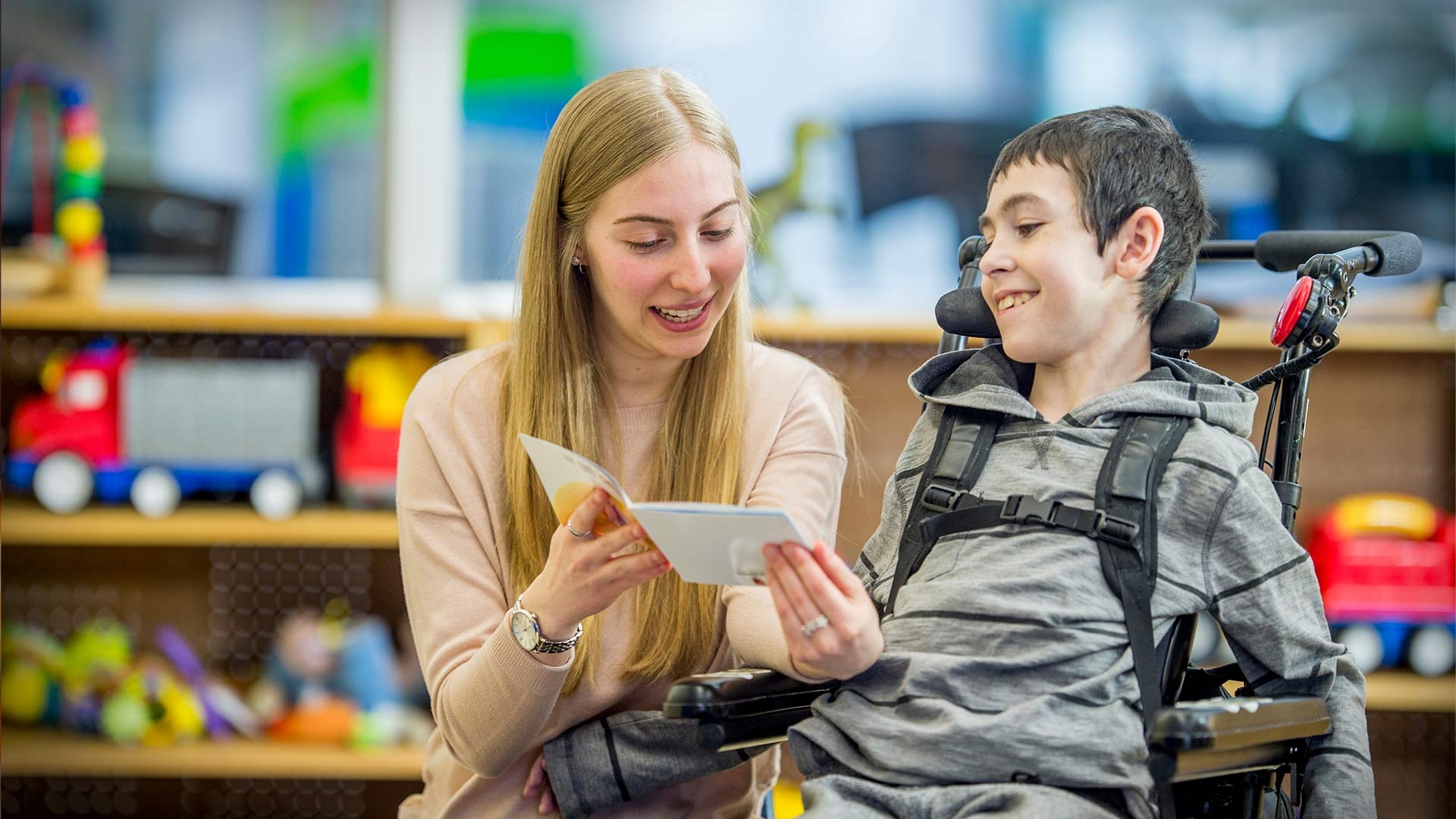Special education teachers play a crucial role in ensuring that students with disabilities receive the support they need to succeed in an inclusive classroom environment. To effectively cater to the diverse needs of their students, special education teachers rely on a variety of resources and tools. In this article, we will explore essential resources that can make inclusive education easier for special education teachers.
1. Assistive Technology
Assistive technology encompasses devices, software, and equipment that help students with disabilities perform tasks that may be challenging for them. Special education teachers can leverage assistive technology to provide individualized support to their students. Some essential assistive technology resources include:
Examples of Assistive Technology:
- Screen readers for students with visual impairments
- Speech-to-text software for students with writing difficulties
- Augmentative and alternative communication (AAC) devices for nonverbal students
- Adaptive keyboards and mice for students with motor skill challenges
2. Individualized Education Plans (IEPs)
IEPs are personalized plans developed for students with disabilities to outline their educational goals, services, and accommodations. Special education teachers are responsible for creating and implementing IEPs to address the specific needs of each student. Key components of an IEP include:
Components of an IEP:
- Evaluation results and present levels of performance
- Annual educational goals
- Special education services and related services
- Accommodations and modifications
- Progress monitoring and reporting procedures
3. Behavior Management Strategies
Managing behavior is a critical aspect of special education teaching. Special education teachers need effective strategies to address challenging behaviors and create a positive learning environment for all students. Some essential resources for behavior management include:
Effective Behavior Management Strategies:
- Positive behavior support plans
- Visual schedules and cues
- Conflict resolution techniques
- Self-regulation tools like calming corners or sensory kits
- Collaboration with behavior specialists or counselors
4. Professional Development Opportunities
Continuous learning and professional development are essential for special education teachers to stay updated on best practices, strategies, and trends in the field. Engaging in professional development activities can enhance teaching skills and knowledge. Some valuable professional development opportunities include:
Types of Professional Development:
- Workshops and conferences on special education topics
- Online courses and webinars
- Mentorship programs with experienced special education teachers
- Collaboration with colleagues through peer learning communities
- Reading books and research articles on inclusive education
5. Parent and Family Resources
Collaboration with parents and families is crucial for the success of students with disabilities. Special education teachers can provide resources and support to help families better understand and support their child's learning needs. Some essential parent and family resources include:
Useful Parent and Family Resources:
- Parent training workshops on special education laws and rights
- Parent support groups for networking and sharing experiences
- Informational brochures on available services and supports
- Family counseling services for emotional and mental health support
- Regular communication channels for updates and feedback
